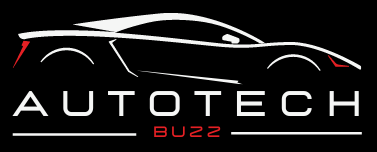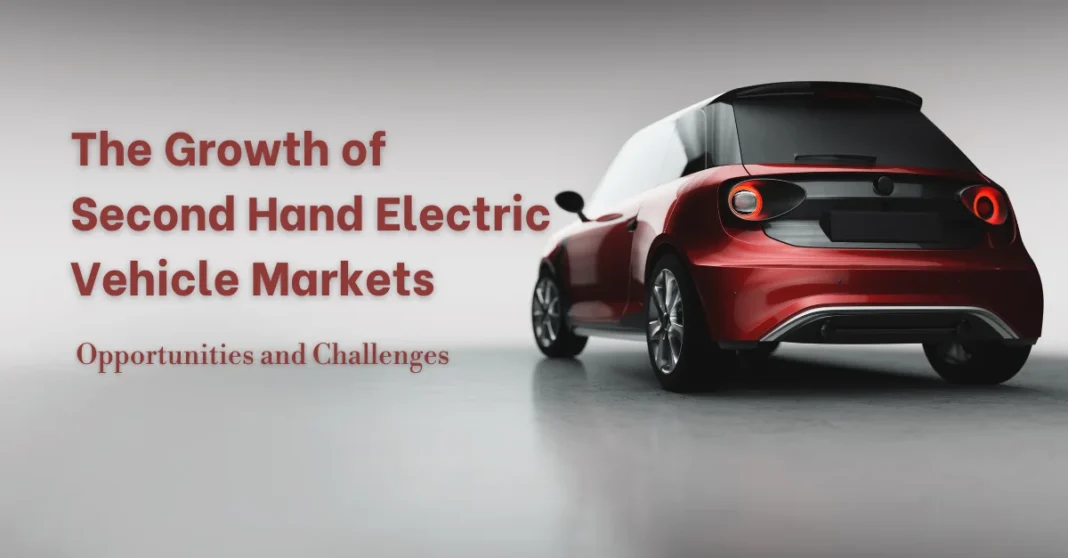The second-hand electric vehicle (EV) market is rapidly gaining momentum as more consumers embrace sustainability and seek affordable alternatives to new EVs. As this market expands, it presents both exciting opportunities and notable challenges.
Opportunities in the Second-Hand EV Market
- Affordability and Accessibility:
The high initial cost of new EVs is a barrier for many consumers. Second-hand EVs provide a more affordable entry point, making electric mobility accessible to a broader audience. - Increased Market Demand:
With more EVs reaching their second life, the market for used electric vehicles has seen growth. This surge in demand is driven by rising environmental awareness, better resale values, and improved battery technology. - Battery Longevity Improvements:
Advances in battery technology have significantly increased the lifespan and performance of EV batteries, making second-hand electric vehicles more reliable and desirable. - EV Depreciation Curve:
Unlike traditional vehicles, electric vehicles tend to depreciate more slowly due to their lower maintenance requirements and increasing demand. This has made second-hand EVs more attractive as a long-term investment.
Challenges in the Second-Hand EV Market
- Battery Life and Replacement Costs:
One of the biggest concerns when purchasing a second-hand EV is the state of the battery. While newer EVs come with warranties, older models may require expensive battery replacements, which could deter potential buyers. - Limited Availability of Used EVs:
While the second-hand market for electric vehicles is growing, it is still relatively small compared to the traditional used car market. This can result in limited supply and higher prices for used EVs. - Charging Infrastructure Gaps:
Although EV adoption is growing, access to charging stations is still an issue in certain areas, particularly in rural or less-developed regions. This may impact the overall appeal of purchasing a used EV. - Consumer Knowledge and Perception:
Many consumers are still unfamiliar with the nuances of electric vehicles, including how to assess battery health or the real cost of ownership for a used EV. This knowledge gap can make buyers hesitant about purchasing a second-hand EV. - Regulatory and Resale Challenges:
The second-hand EV market is still evolving, and regulations around warranties, resale values, and quality standards are not yet as well-established as those for traditional vehicles. This can lead to uncertainties for both sellers and buyers.
Conclusion
The second-hand EV market holds great promise, offering consumers a more affordable and sustainable option for electric mobility. However, addressing the challenges related to battery life, charging infrastructure, and consumer education will be crucial to ensuring the long-term growth of this market.
As the EV sector continues to mature, businesses and policymakers must work together to create a robust ecosystem that fosters confidence in the second-hand EV market.
#ElectricVehicles #UsedEVs #SecondHandEVs #EVMarket #SustainableTransportation #GreenMobility #EVAdoption #EVGrowth

